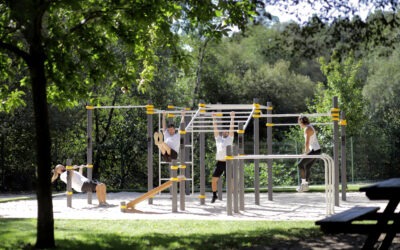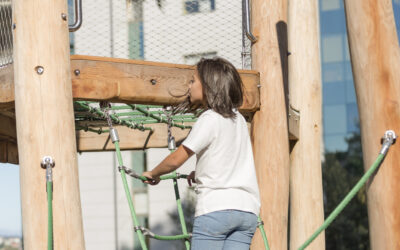Slow Life, Let’s Live Our Moment
Our species, Homo Sapiens, is around 75,000 years old, and is the result of a slow evolutionary process. Different studies agree that our first communities probably had one of the best qualities of life. The different human revolutions, the agrarian first, and the industrial, scientific and technological later, have generated great and positive advances but, at the same time, they have worsened many aspects of the lifestyle of our ancestors. Unhealthy habits, stress, poor diet, and a common factor: the speed with which people’s lives rush and a chronic need for immediacy in gratification.
This vertigo that has been taking over people in recent decades is the cause of the emergence of a new movement called Slow Life (quiet life). It is a worldwide cultural trend that promotes a leisurely lifestyle, prioritizing personal fulfillment and the development of activities that promote true and lasting human relationships. Slow life originated in Italy in the late 1980s when the food critic Carlo Petrini rebelled at the opening of a MacDonald’s in Rome’s Spanish Steps and founded a Slow Food platform, which sought to defend traditional food and pleasure. of good gastronomy. Good food and good cuisine, as well as the development of life on Earth, are the fruit of a slow process in which each phase has its own times and which responds well to patient and persevering attitudes.
Slow Life is, substantially, a recovery of habits and customs that shaped the human being and that were the basis of its definitive development. Stop looking at the clock and consuming time in superfluous actions and regain the ability to wonder and wonder, to live consciously each moment, and to learn new knowledge that increases the personal satisfaction of each one. The true quality of life is in enjoying time and savoring every moment, without haste, taking advantage of all the abilities that Homo Sapiens has been endowed with during a slow evolution of thousands of years. A very interesting approach that has hooked millions of people around the world and that promises to continue recovering our most human part.









0 Comments